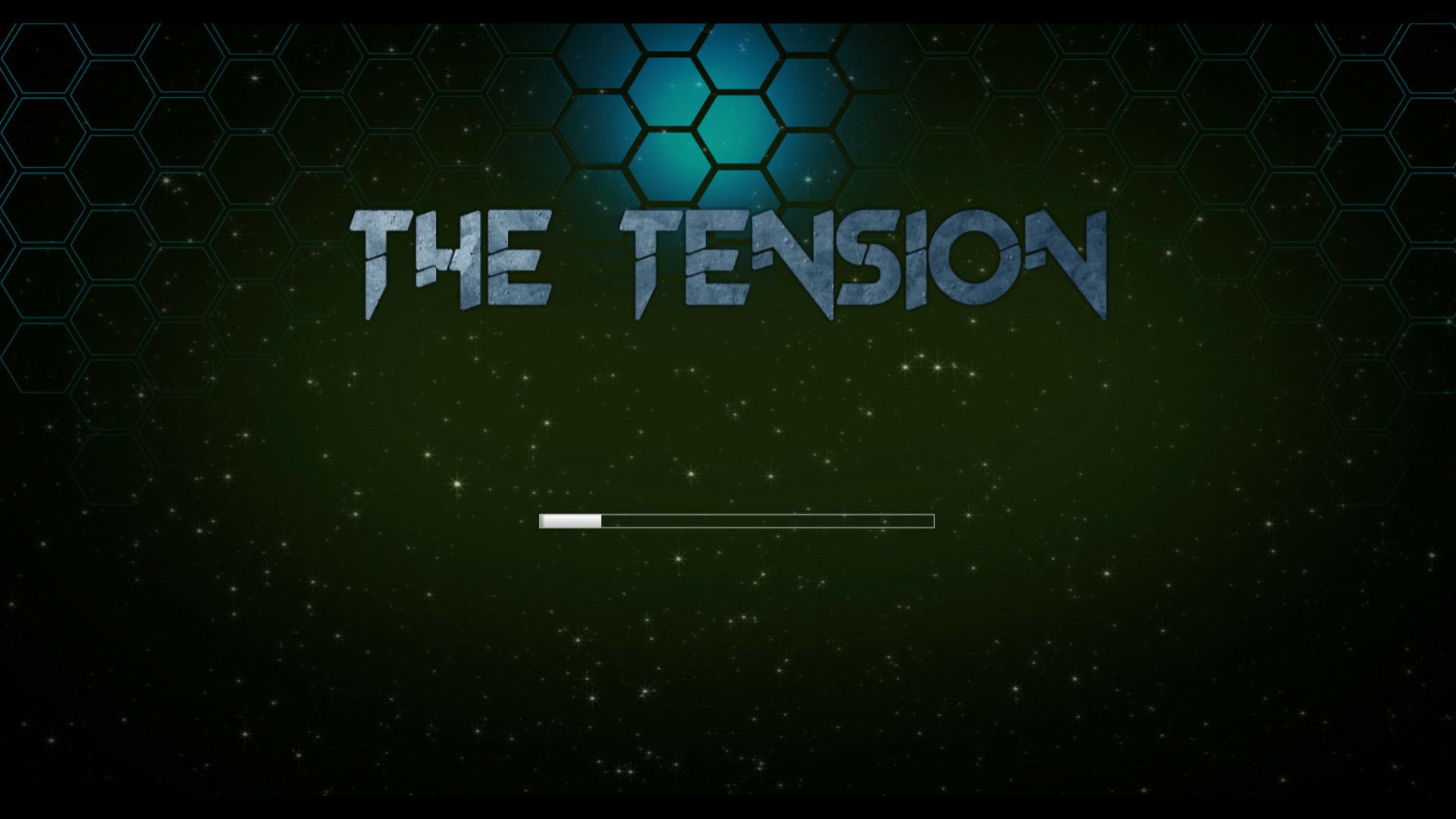Gross Methner, Published on 05/22/19. Bluebook Citation. Gross Methner, A Catholic University Approach to Campus Speech: Using Constitutional Academic Freedom to Hold the Tension of Free Speech, Inclusive Diversity, and University Identity, 15 U. Hutchinson Belt Drive Systems part of the Hutchinson Group has designed the Easy Tension app to measure the frequency or the tension of your Hutchinson Belt (Flexonic®, Poly V, Conveyxonic®, HPP™.). It could be used for: a new belt installation, a replacement a tension check of your current drive.
- MacSlope brings fully featured slope stability analysis to the Mac OS Desktop. MacSlope is an app designed to calculate and search for the critical factor of safety of earth slopes, using common methods of limit equilibrium slope stability analysis.
- Mac Reqs MinimumSupported Will It Run? Mac OS X: 10.11: Download the MacGameStore App to compare your Mac's information in real-time. Get the Mac App: 64bit Support: Yes: CPU Type: Intel Mac Only: CPU Cores: Any: CPU Speed: 3 GHz: System RAM: 8 GB: Drive Space: 8 GB: Video RAM: Any: Video Card: Any.

Steve Jobs knew the power of storytelling better than almost any entrepreneur.

In the new book Illuminate: Ignite Change Through Speeches, Stories, Ceremonies, and Symbols, co-authors Nancy Duarte, CEO of Silicon Valley design firm Duarte, and communications expert Patti Sanchez share how leaders like Jobs have used creative communication methods to bring about change. Here are four innovative ways Jobs inspired Apple's employees with compelling stories, as cited in the book.
The Tension Mac Os Download
Jobs was known for using symbolic gestures at Apple, like having the signatures of every member of the original Macintosh team engraved on the inside of every Mac (the way artists sign their work), but he also used ceremonies to help forward his agenda. For example, when he wanted the company to forget about Mac OS 9 and move on to Mac OS X, he held a mock funeral for Mac OS 9 and even delivered a eulogy.
'Mac OS 9 was a friend to all of us. He worked tirelessly on our behalf, always hosting our applications, never refusing a command, always at our beck and call, except occasionally when he forgot who he was and needed to be restarted,' Jobs said. 'Mac OS 9 is survived by his next generation, Mac OS X, and thousands of applications, most of them legitimate.' This lighthearted ceremony made it clear to all of Apple's developers that the days of developing for the Mac OS 9 were gone.
The Tension Mac Os 11
2. Admit you don't have all the answers.
After creating the original Mac OS, which fell short of giving consumers everything they wanted in a modern operating system, Jobs told a story about seeing a Xerox presentation in 1979. The first of three features unveiled at the presentation, Xerox's graphical interface, was truly revolutionary, but it was followed by two other OS features that Jobs didn't fully appreciate at the time. 'I was so blinded by the first that I didn't hang around to find out about the other two, and it took me years to rediscover them,' Jobs said.
Similarly, at an Apple presentation where Jobs had to apologize to developers for terminating several products they had spent months working on, an angry developer stood up and told Jobs he didn't know what he was talking about. Instead of arguing with the developer, Jobs said: 'People like this gentleman are right in some areas.' The lesson? Acknowledging your critics doesn't necessarily undermine your ability to lead.
The Tension Mac Os X
People want to be a part of something exciting--but they also want to know that others are willing to be a part of it, too. To encourage a group of wary developers to build applications for a new Macintosh platform, Jobs told a story about a software developer who had already made the switch. 'This is a developer I've known for a long time. I gave him a call and I said, 'We've got something really secret we're working on and I can't tell you what it is, but I want you to put all your source code on a hard disc and fly out here... I think you're going to be very pleasantly surprised.' By telling a story of a developer taking a leap of faith and being pleased with the result, Jobs demonstrated that other developers could have the same experience.
The Tension Mac Os Catalina
At the World Wide Developers Conference in 1997, Jobs knew some developers would be angry about the acquisition of NeXT, and the changes that would come with using the NeXT OS. Instead of giving his usual presentation, Jobs turned the mic on the audience to hear their stories. 'I want to talk about whatever you want to talk about,' he said. By listening and expressing empathy in a town hall format--instead of citing all the reasons going with the NeXT OS was the right move--Jobs cut the tension in the room and gave his developers the opportunity to vent their frustrations.
Whether or not you agree with the criticism over Jobs's management style, which has been described as manipulative and maniacal, the fact remains: The man knew how to grab people--consumers, partners, and employees--with a great story. And that's something every entrepreneur should learn.
Otherwise, if you do not have a self serviceable iMac, you will need to bring it in...
Rick
iMac G5 iSight 20' - 30G iPOD in Slimming Black - Mac OS X (10.4.7) - HP Pav 15' WS and Toshiba Sat 17' WS LP's - Canon 20D & A620
Aug 23, 2006 12:58 PM